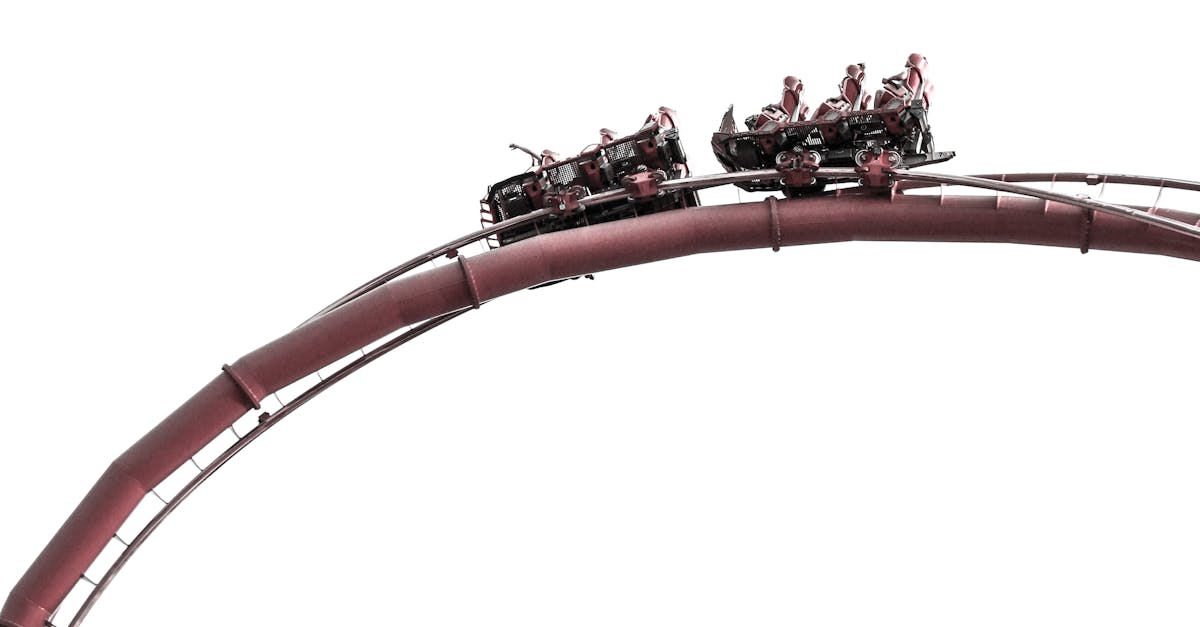A night of spine-tingling scares and festive frights was abruptly cut short for many attendees at SeaWorld’s popular Howl-O-Scream event recently. Guests, eagerly anticipating a full evening of haunted houses and thrilling rides, found their experience significantly curtailed due to unforeseen weather conditions, sparking considerable disappointment.
The incident unfolded on a night when rain began to fall, prompting a delayed opening for the much-anticipated Halloween-themed event. While a late start is often understandable in adverse weather, the real frustration began when park management made the decision to close the gates significantly earlier than advertised, at 10:30 PM. This left many patrons feeling shortchanged, as they hadn’t even had the opportunity to experience all the attractions and haunted mazes they had paid to see.
For many, special events like Howl-O-Scream represent a significant investment in both time and money. Tickets are often premium-priced, and guests frequently travel considerable distances, sometimes even planning entire vacations around these experiences. When a park closes unexpectedly early, especially after a delayed opening, it directly impacts the value proposition for every ticket holder. The lack of prior warning or immediate communication regarding the early closure only added to the sense of dissatisfaction among attendees.
Major theme parks, especially those known for large-scale seasonal events, typically have established protocols for managing inclement weather. Parks like Universal Studios, with its highly acclaimed Halloween Horror Nights, often continue operations even through rain, making accommodations or offering rain checks in extreme cases. Walt Disney World also implements various strategies, from modified parade routes to character meet-and-greets in sheltered locations, striving to maintain guest experience despite the weather. While safety is paramount, and parks must always prioritize it, there’s an expectation for clear communication and transparent policies when operations are disrupted.
The core issue for many attendees isn’t just the rain itself, but the perceived lack of effective management and communication. When guests are inside the park, having already committed to the evening, an abrupt shutdown without ample notice can feel dismissive. It leaves visitors wondering about potential refunds or future compensation for an incomplete experience. This kind of operational disruption doesn’t just affect that single night’s patrons; it can also ripple through social media and word-of-mouth, influencing future attendance and public perception of the park’s commitment to guest satisfaction.
In an industry built on creating magical and memorable experiences, every operational decision carries weight. While weather is an uncontrollable factor, how a park responds to it, communicates with its guests, and strives to mitigate negative impacts, speaks volumes about its customer service philosophy. Guests attending these events invest in an experience, and when that experience falls short due to an early closure, especially one that catches them by surprise, it naturally leads to questions about the park’s operational preparedness and guest-first approach.
Moving forward, theme parks hosting such popular seasonal events might benefit from reviewing and publicly clarifying their weather policies. Clear guidelines on how rain or other disruptions will affect operating hours, and what recourse guests have, could help manage expectations and prevent widespread frustration when unavoidable situations arise. Ultimately, ensuring guests feel valued, even when plans go awry, is crucial for maintaining a positive brand image and securing repeat visits in the highly competitive world of theme park entertainment.




